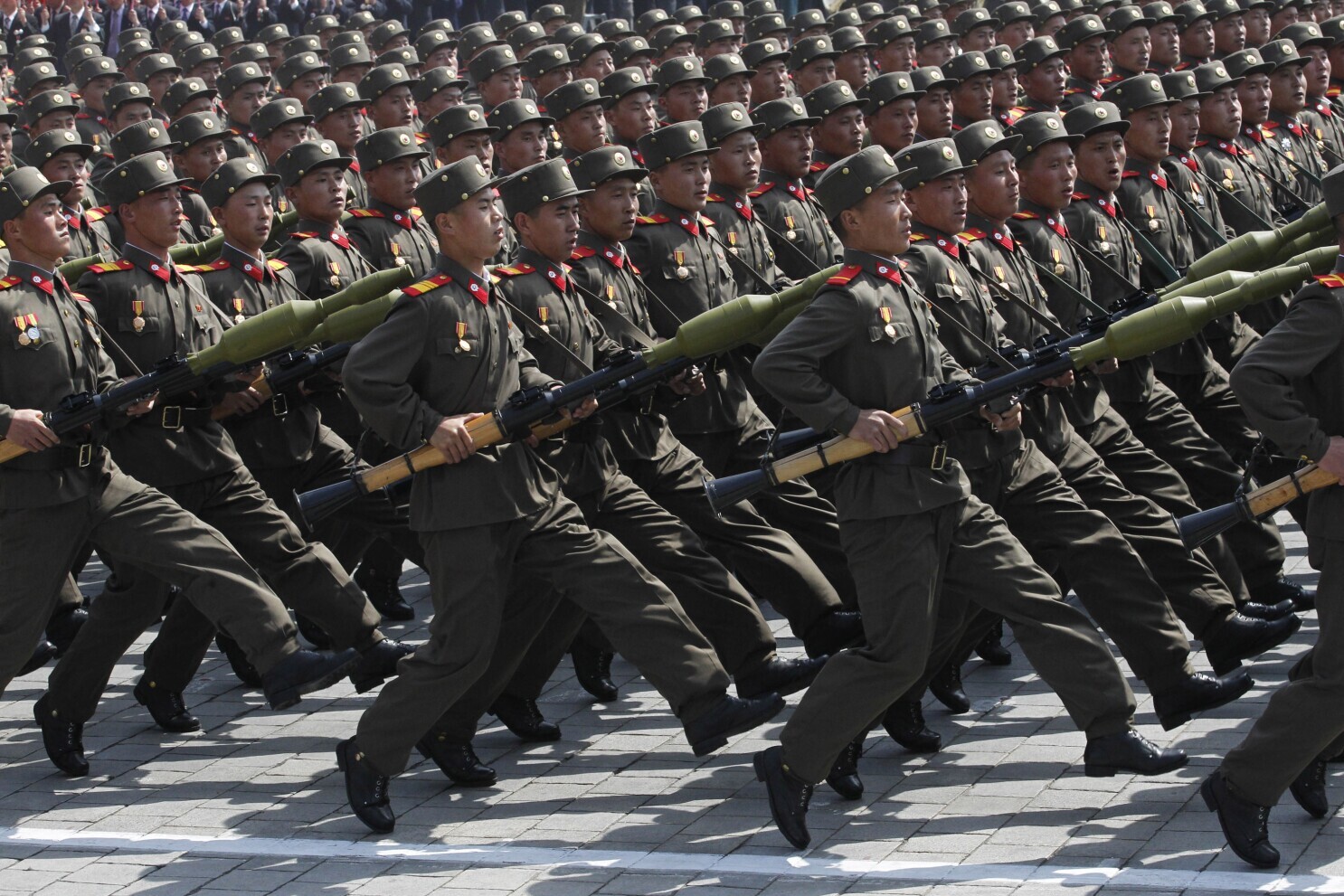Ukrainian intelligence has reported the interception of phone calls revealing disarray within the Russian military as it attempts to incorporate North Korean troops into its operations. These communications originate from soldiers stationed in Kursk, a region in Russia that borders Ukraine, where Ukrainian forces recently reclaimed territory.
According to the Ukrainian Defense Intelligence Agency, the Russian military has assigned one translator and three Russian servicemembers to manage every 30 North Korean soldiers, highlighting the logistical challenges of this integration.
The intercepted calls expose significant concerns among Russian soldiers regarding their readiness and resources. Many expressed doubts about having enough commanders to effectively lead the new units, along with a severe lack of weapons and ammunition, especially as the conflict enters its third year.
In one call, a soldier voiced anger at being ordered to provide Russian armored vehicles—already in short supply—to the newly arrived North Koreans. This frustration points to the strained resources of the Russian military amid the ongoing conflict.

Ukrainian Intelligence Reveals Chaos in Russian Military Over North Korean Troop Integration Efforts
Moreover, the recordings contain raw emotions, with one soldier expressing a violent desire toward a commander to reallocate scarce armored vehicles to the North Koreans. Other soldiers lamented the shortage of translators, with one remarking that they were all forced to take on translation roles. The communication also reflects a derogatory attitude toward the North Korean troops, with one soldier crudely referring to them as “Chinese,” showcasing a lack of respect and cohesion within the ranks.
In a separate development, a truck carrying North Korean soldiers was stopped by Russian police in Kursk due to the absence of a “combat order,” indicating further complications in the logistical integration of these troops. This incident reflects ongoing challenges within the Russian military regarding command structure and operational readiness as they try to incorporate foreign forces into their strategy.
Meanwhile, Ukrainian President Volodymyr Zelenskyy is actively seeking to strengthen ties with South Korea, discussing the intelligence-sharing of North Korean troop movements with South Korean President Yoon Suk Yeol.
Reports suggest that approximately 12,000 North Korean soldiers are expected to be deployed to Russian military bases, a figure that has raised concerns about their potential involvement in combat against Ukrainian forces. The Pentagon estimates that around 10,000 North Korean troops are currently stationed at military posts in eastern Russia, heightening fears that they will soon be deployed to the frontlines in Kursk.
